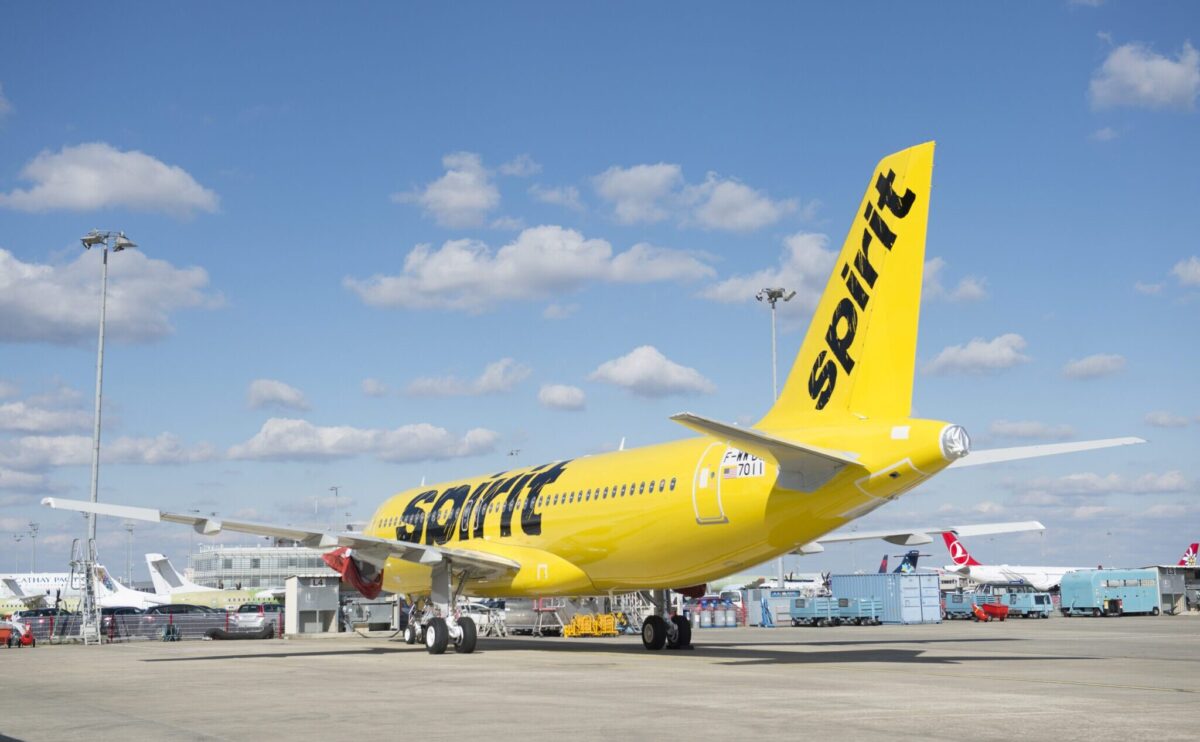Hertz CEO Sees Ride-Sharing Partnerships as Best Path Forward

Skift Take
Hertz both invested and forged a partnership in on-demand car services in the past six months, but the company is still determining what its best move is in that space.
That's the view of CEO John Tague, who spoke during the company's first quarter earnings call Tuesday. Tague told analysts and investors that he's determined to "make the company more relevant in a rapidly changing marketplace."
He views ride-sharing partnerships as a means to that end, though doesn't necessarily see its Lyft partnership that began in October 2015 as a viable path towards that.
Through the partnership, Lyft drivers in Denver and Las Vegas who don't own their own cars can rent Hertz's cars for daily, weekly or monthly rentals. Uber also offers car rental programs for its drivers.
Asked whether working with Lyft will help expand Hertz's operations into mobile and on-demand ride-sharing, Tague said, "certainly we have the option to participate in those markets."
"We’ve come to the conclusion that…these valuations have moved beyond us being able to have strategic participation from [our current partnership] perspective. We have no expectation that we would move forward with the consideration on that level."
Lyft's valuation is $5.5 billion.
Tague foresees supply and management partnerships in ride-sharing as more feasible. "We’ve done pilots with Lyft. Donlen is operating some fleet services with Uber, as we speak, around their own fleet in their leased portfolio. So we're committed to developing a profitable strategic partner relationship with these companies, and I think that those discussions are ongoing and have been for some time and we'll determine what the best outcome is. But, clearly, we're going to find a way to constructively participate in the segment's growth."
To compete and align itself with the likes of Uber and Lyft, at least in consumers' minds, Tague said, "We must lower our unit costs, improve quality particularly with speed and convenience of our services all while reducing friction in the path to rent, most importantly in urban markets."
"And finally, partner in the tremendous growth that these companies are experiencing. We are doing all of these things."
Hertz's worldwide car rental revenues of $1.8 billion declined about six percent over the first quarter 2015, with revenues in the U.S. down eight percent year-over-year and international revenues down one percent. Revenue per available car day declined two percent year-over-year during the first quarter.




